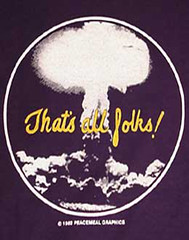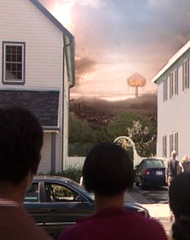
In May 2008, fans of a cancelled television program, Jericho, dumped more than 4,000 pounds of peanuts on the doorstep of Nielsen Media Research. Shipping peanuts had become the statement of choice for the fans, who had secured a truncated second season after sending more than 20 tons to CBS. But the nuts sent to Nielsen were different. The statement wasn't a call to action as much as it was a measure of their displeasure...


































